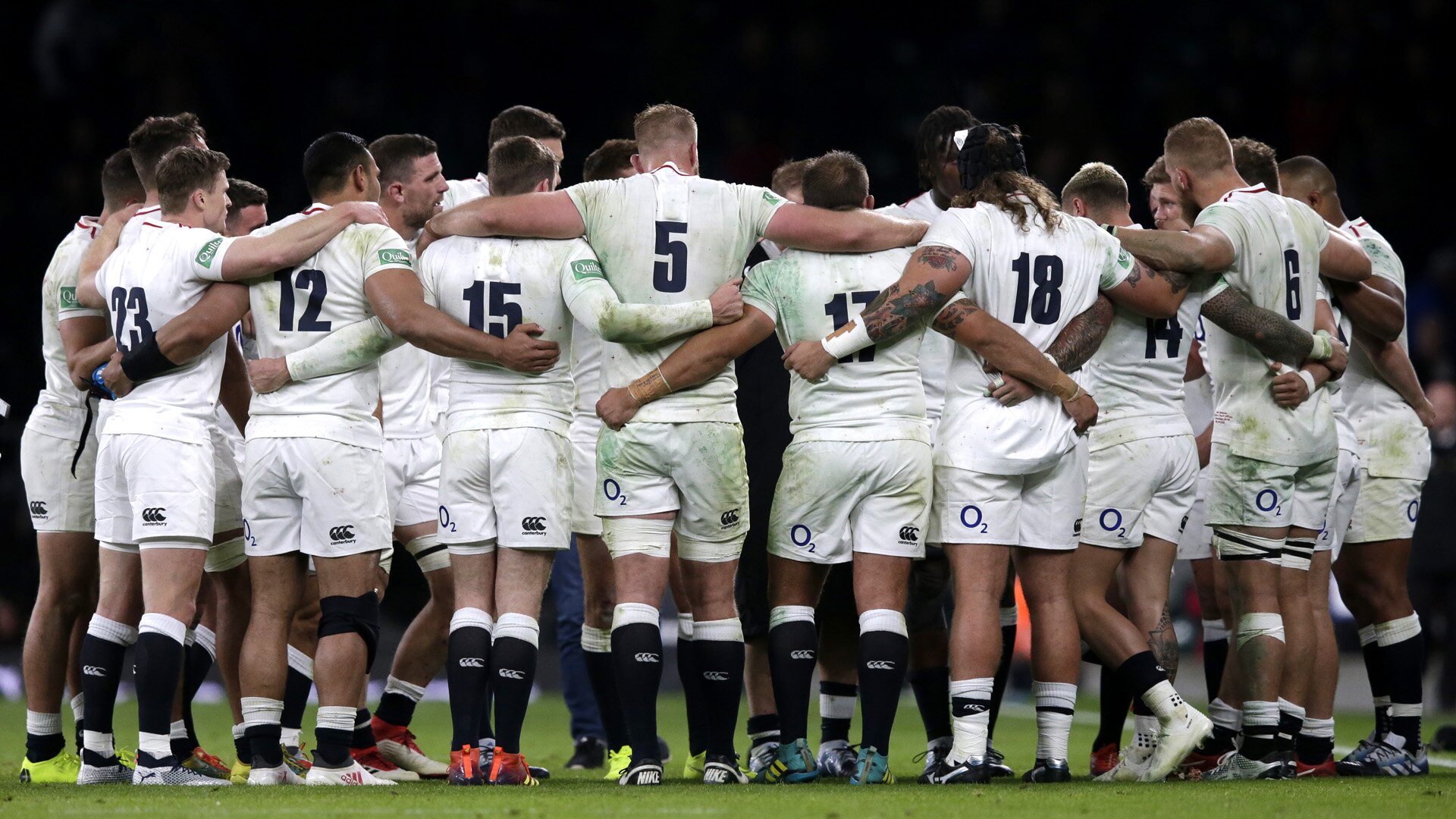Rugby's invisible issue: Breaking down the barriers between players and psychological treatment

Dr. Thomas McCabe is a psychiatrist working in Glasgow with a specialist interest in the emerging field of sports psychiatry.
Within the past couple of years there has been an increase in coverage focusing on mental health issues within sport. High profile rugby players have described their journey through difficult times and the size of the problem is under-reported. Subsequently coaches and administrators in the game have asked questions on how to identify and assist. Given that psychological issues are difficult to see, this article will identify some of the barriers in the way of players getting a diagnosis and appropriate treatment.
Mental health problems are hard to recognise. If a player has a twinge at the back of his or her leg, they know immediately that they have pulled their hamstring. They know that this is a muscle which will require rest, icing and physio. They will usually expect to recover well and will have no qualms attending the physio. Compare this with depression where presenting symptoms aren’t always as clear or well understood.
Going to see an unfamiliar ‘shrink’ or team doctor with a ‘mental’ problem may in itself produce feels of anxiety and apprehension.
Common symptoms of depression can include being ‘tired all the time,’ disturbed sleep, shortening of temper, change in personality, unexplained dip in on field form and hopelessness with regards the future. These can be minimised, put down to other factors or not acknowledged at all. Similarly in anxiety related problems – poor concentration, on edge most of the time, avoidance and tummy upset may not be noticed or taken seriously.
If a player does suspect they have a mental health problem, it is not always clear to them whom they should consult and what help looks like.
This causes apprehension and many of the misperceptions about long psychological couch based ‘deep and meaningful’ sessions emerge – which is far from reality. A professional rugby player will usually have access to a trained practitioner employed by their club.
Understandable worries with regards how this affects future contracts may limit full assessment being carried out. A team doctor may not have the time or skills to deal with complex presentations and performance psychologists may not be comfortable dealing with complex mental health diagnosis.
An amateur rugby player would probably attend their GP if they suspected a problem. Exercise therapy would likely not be an option in these cases. Options from here might include a long wait for psychology referral and this may not with insight or understanding into a rugby player’s environment.
It is difficult within rugby culture to show ‘signs of weakness.’ Many individuals suffer in silence and when stressors accumulate – a crisis occurs making things much more difficult to deal with from a medical perspective. Preventing this escalation at source and strengthening the brain, just as you would increase cardio fitness, should be a long term aim for medics, administrators and management in the global game.
In summary, clarification of referral processes in mental health need to be high on the priority list for schools, clubs and national bodies.
Screening or asking players at risk (for example those injured or coming to end of career) could assist with identification. There are many positive stories as stigma is reduced and understanding of treatment increases. There is a realisation that poor mental health is hard to spot – we must ask to find out. We are entering the ‘psych era’ in world sport and just like in concussion, rugby needs to lead the way with treating the brain as any other muscle, requiring attention and strengthening.
Dr McCabe can be found on Twitter @Dr_t_ McCabe or reached via email at Thomas.mccabe@nhs.net.










































